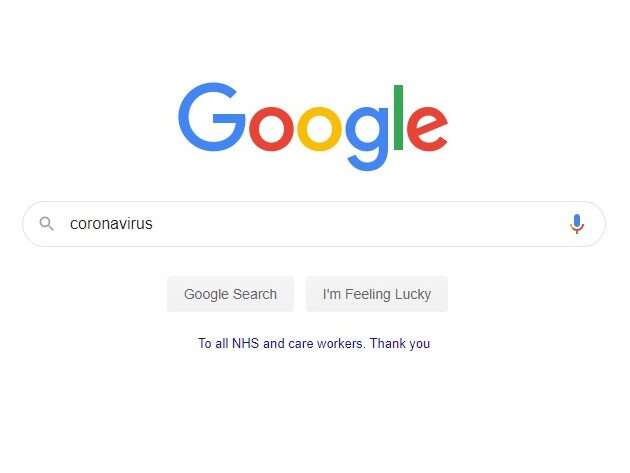
Google has announced $6.5m (£5.2m) worth of grants to support fact-checking groups and non-profits worldwide battling misinformation on coronavirus (Covid-19).
A proportion of the money will go towards UK fact-checking charity Full Fact and independent body First Draft, which offers guidance to journalists on verifying content on social media.
Full Fact will share a grant of $350,000 (£285,101) with their Spanish counterparts Maldita.es.
A spokesperson for Full Fact said: “Full Fact, Maldita.es, and other independent fact checkers across Europe are working hard to tackle the harm caused by bad information about the virus.
“This grant will help us collaborate more, build on our links with expert bodies so the best science reaches the most people, and understand more about what’s circulating online that needs checking.
“This is an ongoing effort that has already started and will continue at least until August 2020.”
According to Google, collaboration will be a “crucial component of journalism’s response to a story as complicated and encompassing as Covid-19”.
First Draft is providing an online resource hub as well as training and crisis simulations for reporters covering coronavirus around the world, which the new Google money will support.
It also runs a network called Cross Check to help newsrooms to respond to misinformation, which has a sustainable global network for collaborative investigations as its long-term goal.
The Google News Initiative is a founding partner of First Draft, which also has a US subsidiary.
First Draft launched a new online course this month designed for journalists covering the coronavirus crisis to help them understand and tackle the so-called “infodemic”.
It explains how and why false information spreads and provides tools and techniques for monitoring and verifying information online, as well as sharing best practice and advice on how reporters can protect their own mental and emotional wellbeing.
Jenni Sargent, managing director of First Draft, said: “We feel that it’s never been more important to tackle information disorder.
“The public needs to know where to turn for reliable information during an unprecedented global crisis like this.
“By creating this practical online course, we hope to help journalists slow the spread of misinformation and produce credible coverage for their audiences, at the time they need it most.”
Alexios Mantzarlis of Google News Lab said: “Helping the world make sense of this information requires a broad response, involving scientists, journalists, public figures, technology platforms and many others.
“As part of this effort, Google is providing support to fact-checkers and non-profits focusing on information quality, as well as building features to surface their work to users in our products.”
Email pged@pressgazette.co.uk to point out mistakes, provide story tips or send in a letter for publication on our "Letters Page" blog
